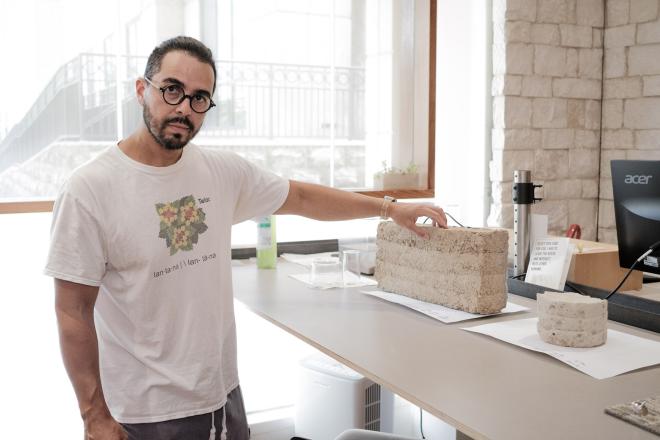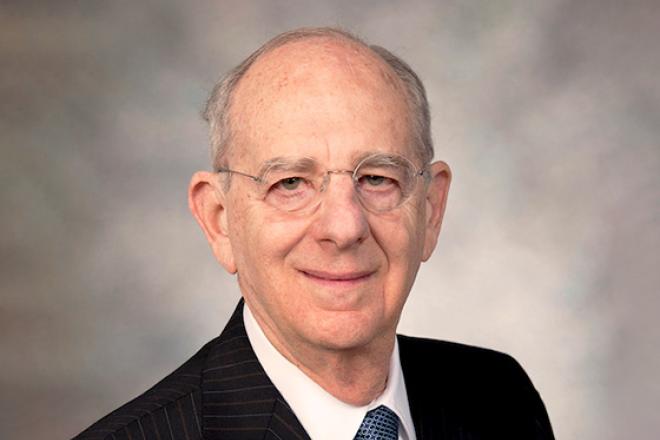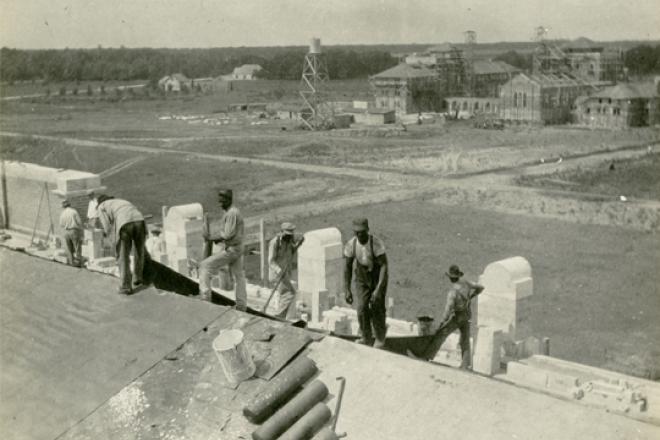The first preservation ordinance in the country came to life in Charleston, South Carolina in 1930. The Vieux Carre in New Orleans and Nantucket Island off the coast of Massachusetts followed shortly after, and historic preservation gained steady strength in the United States. Houston joined late in the game, with the city’s ordinance put into effect in 1995. Fifteen years later, Houston is home to fifteen historic districts, and preservation in the city continues to evolve. Mayor Annise Parker, a known advocate for preservation of Houston’s historic districts, recently organized a task force to investigate strengthening the city’s ordinance to offer increased protections for historic resources.
Increased protections? When developers catch wind that the ordinance may bulk up, it is easy to imagine the rush to demolish before the ordinance gains strength.
Under the current ordinance, applicants denied permits by the Houston Archaeological and Historic Commission (HAHC) face a 90-day waiver, after which they are free to move forward with demolition plans, regardless of the Commission’s initial denial three months prior. In order to avoid an onslaught of swinging wrecking balls, the task force has suggested placing temporary holds on denied permits until permanent changes to the ordinance are explored and approved by the end of the year. The temporary holds would apply to denied permits for demolitions, alterations, or relocations on properties contributing to designated districts. This marks a noteworthy effort to improve protection for Houston's historic districts, and limit the threats of inconsiderate alterations and demolition on the city's historic building fabric.
Houston is not the only city in Texas to include a waiting period after permit denials. Dallas requires a waiting period of 180 days, doubling the time that property owners must wait before moving forward with the denied plans. It all boils down to the fact that time equals money. It costs money to sit on a site and wait to move forward. Dallas also boasts far more protection, primarily through its status as a Certified Local Government (CLG), which allows the state of Texas to grant police power to the city, in order to actually enforce the preservation of historic buildings. Houston’s lack of zoning laws prevents the city from qualifying as a CLG, and with police power at the state level, it becomes difficult for the city to enforce maintenance and use of historic buildings. This results in buildings falling victim to demolition by neglect.
Houston's current approach works in such a way that the 90-day waiver begins when the application is submitted to the city. However, HAHC only meets once a month. As Courtney Key Tardy of the Greater Houston Preservation Alliance explained, if the HAHC meets on the 15th of May, and a developer submits a plan on the 16th, that plan may not even be reviewed for another month. Thus, the already brief 90-day window may be cut even shorter, possibly to only 60 days.
The pending changes to the preservation ordinance seek to discourage developers from sitting on projects, waiting out their 90-day waiver, and moving forward with the wrecking ball. The current process only works when preservation organizations like GHPA and preservation-minded communities come together, even within the short window of time, to establish alternatives to demolition and work to save the threatened resource.
In Dallas, 180 days of wait might be enough to deter developers. And in Houston, the newly appointed Task Force will have the chance to explore the possibility of extending the existing waiting period, or eliminating it entirely. Such a change would increase protection for historic properties and give a huge boost to preservation in Houston.
City Council's vote on the temporary suspension of the 90 day waiver has been postponed a week, but if passed, the change would apply to all new applications for demolitions, relocations, and new construction within Houston’s 15 historic districts. The Council will also vote on a 7-month ban on the creation of new districts, exempting neighborhoods already in the process of applying for historic district status. These temporary changes pave the way for permanent amendments to the ordinance before the end of the year.
Kate Dellas is a graduate of Middlebury College and currently enrolled in the Masters in Historic Preservation program at the University of Vermont.










